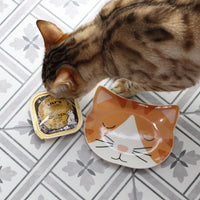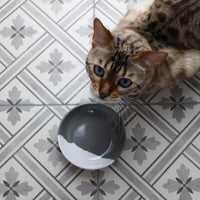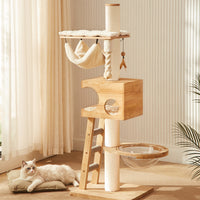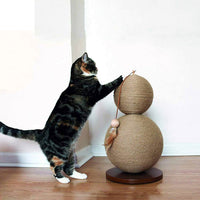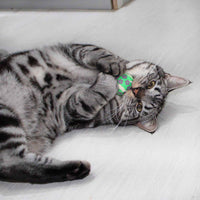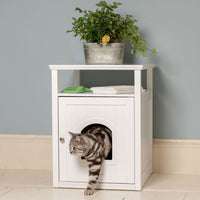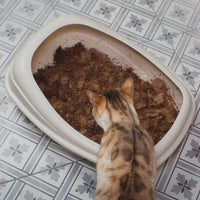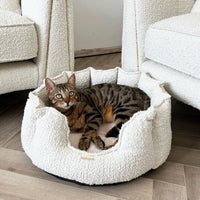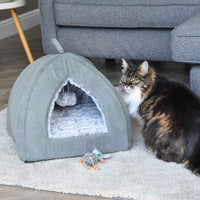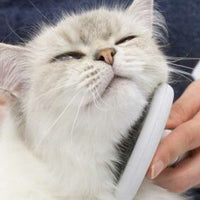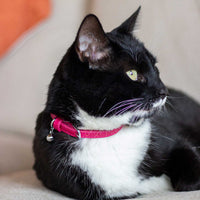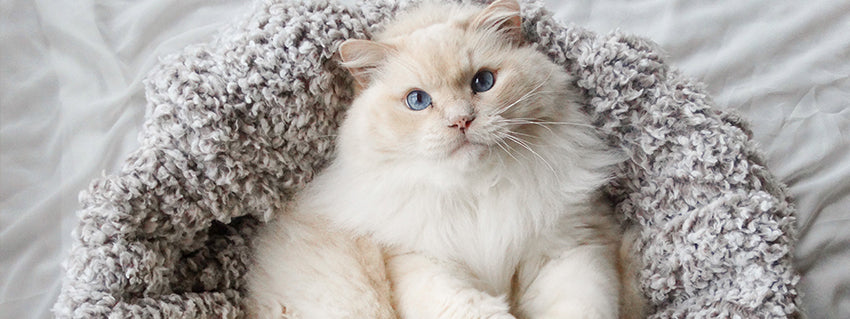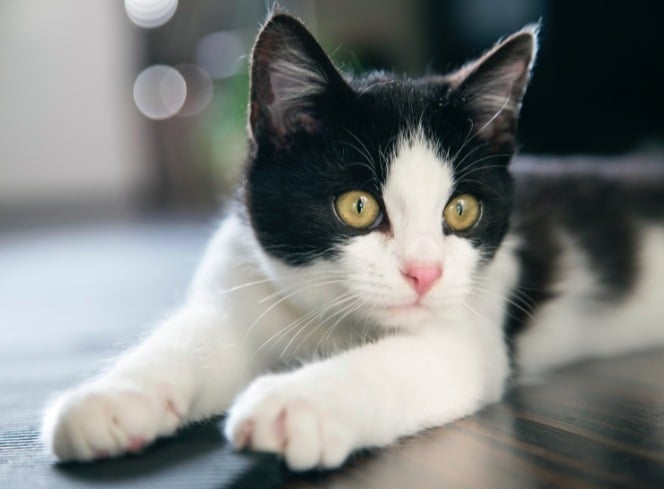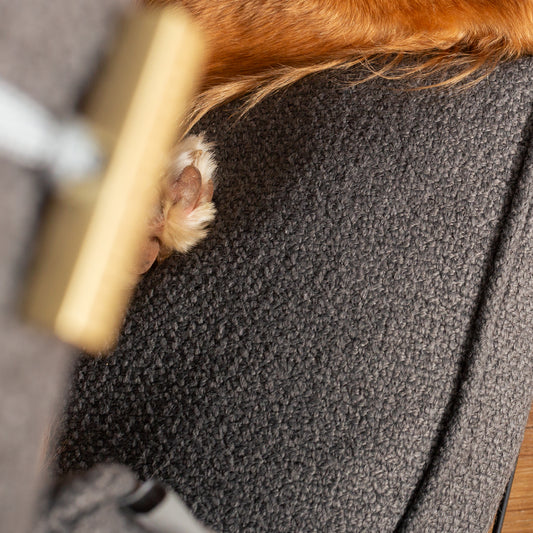If you've ever been relaxing at home and heard a peculiar noise coming from your feline friend, you might have wondered, "Do cats snore?" The short answer is yes—cats do snore. Just like humans and many other animals, cats can produce snoring sounds during sleep. While a snoring cat can be endearing and even amusing, it's important to understand why it happens and when it might signal a health issue.
Why Do Cats Snore?

Snoring occurs when there's an obstruction in the airway that leads to vibrations during breathing. In cats, several factors can contribute to this phenomenon:
1. Sleeping Position
Sometimes, the simplest explanation is the correct one. If your cat snores occasionally, it might just be due to their sleeping position. Cats are notorious for curling up in the most unconventional ways. A twisted neck or a paw over the face can temporarily narrow the airway, leading to those cute snoring sounds.
2. Breed Predisposition
Certain breeds are more prone to snoring due to their facial structure. Brachycephalic breeds like Persians and Himalayans have shorter nasal passages and flattened faces, which can cause snoring in cats. Their anatomy makes it more likely for airways to become partially obstructed.
3. Obesity
Excess weight can lead to fat accumulation around the throat, narrowing the airway. If your cat is snoring loudly and is overweight, it might be time to consult your veterinarian about a weight management plan. Obesity doesn't just cause loud snoring in cats; it can lead to a host of other health issues.
4. Respiratory Infections and Allergies
Respiratory issues can cause inflammation or mucus buildup, leading to snoring. Allergies to dust, pollen, or certain foods can also contribute. If your cat's snoring is accompanied by sneezing, coughing, or nasal discharge, it might be suffering from an infection or allergy.
5. Foreign Objects
Cats are curious creatures. Occasionally, they might inhale small foreign objects like grass blades or seeds, which can obstruct the nasal passages. This can result in sudden snoring in cats and requires immediate veterinary attention.
When Should You Be Concerned About Your Cat's Snoring?

While occasional snoring is usually harmless, consistent or sudden changes in your cat's breathing patterns shouldn't be ignored. Here are some signs that warrant a vet visit:
- Increased Snoring Volume or Frequency: If your cat snores loudly all of a sudden, it could indicate an underlying issue.
- Laboured Breathing When Awake: Difficulty breathing during awake hours is a red flag.
- Accompanying Symptoms: Look out for coughing, sneezing, lethargy, or changes in appetite.
- Behavioural Changes: If your cat seems distressed or is avoiding activities it usually enjoys, consult your vet.
How Is Snoring in Cats Diagnosed and Treated?
Vets will perform a thorough examination to determine the cause of snoring in cats. This may include:
- Physical Examination: Checking the mouth, throat, and nasal passages.
- Imaging Tests: X-rays or CT scans to look for obstructions or abnormalities.
- Allergy Testing: Identifying potential allergens affecting your cat.
Treatment will depend on the diagnosis:
- Weight Management: Implementing a diet and exercise plan for obese cats.
- Medication: Antibiotics for infections or antihistamines for allergies.
- Surgery: In rare cases, surgical intervention might be necessary to remove obstructions or correct anatomical issues.
Can Cats Snore Safely?

For the most part, yes. Many cats snore safely without any adverse health effects. If your cat is snoring but is otherwise healthy, active, and eating well, there's likely no cause for concern. However, always keep an eye on any changes in their behaviour or health status.
Tips to Minimise Your Cat's Snoring
If you're looking to reduce your cat's snoring, consider the following:
- Adjust Sleeping Positions: Gently reposition your cat if it's in a particularly contorted pose.
- Maintain Healthy Weight: Ensure your cat stays active and eats a balanced diet.
- Regular Veterinary Check-ups: Routine visits can catch potential issues early.
- Air Quality: Use air purifiers to reduce allergens in your home.
Why Does My Cat Snore More Than Others?
Individual differences play a significant role. Factors like age, anatomy, and health status affect snoring. Older cats might snore more due to relaxed muscle tone. If you find yourself asking, "Why does my cat snore more than others?", consider these variables and consult your vet for personalised advice.
How To Upgrade Your Cat’s Sleep Set Up

If you’re wanting to make sure your cat snore in a little luxury why not look to refresh their sleep space? Here at Lords & Labradors we have a range of options for even the fussiest of felines. For the cat who loves a bed why not treat them to one of our luxury high wall cat beds? The high sides are perfect for them to snuggle their head against and they come in all of our best selling fabrics for you to pick from. For the cat who loves to snooze up high one of our cat trees will make the perfect snooze spot, both the Back To Nature The Duo and the Back To Nature The Basket are great for those all important cat naps.
Conclusion
So, can cats snore? Absolutely. While a snoring cat is often nothing to worry about, it's essential to stay vigilant. Monitoring your cat's health and consulting with a veterinarian when necessary ensures that your feline friend stays happy and healthy. After all, a little purring and snoring are part of what makes cat ownership so delightful.
Remember, at Lords & Labradors, we care about every aspect of your pet's well-being. From providing quality essentials to offering expert advice, we're here to support you and your furry companions every step of the way.


































